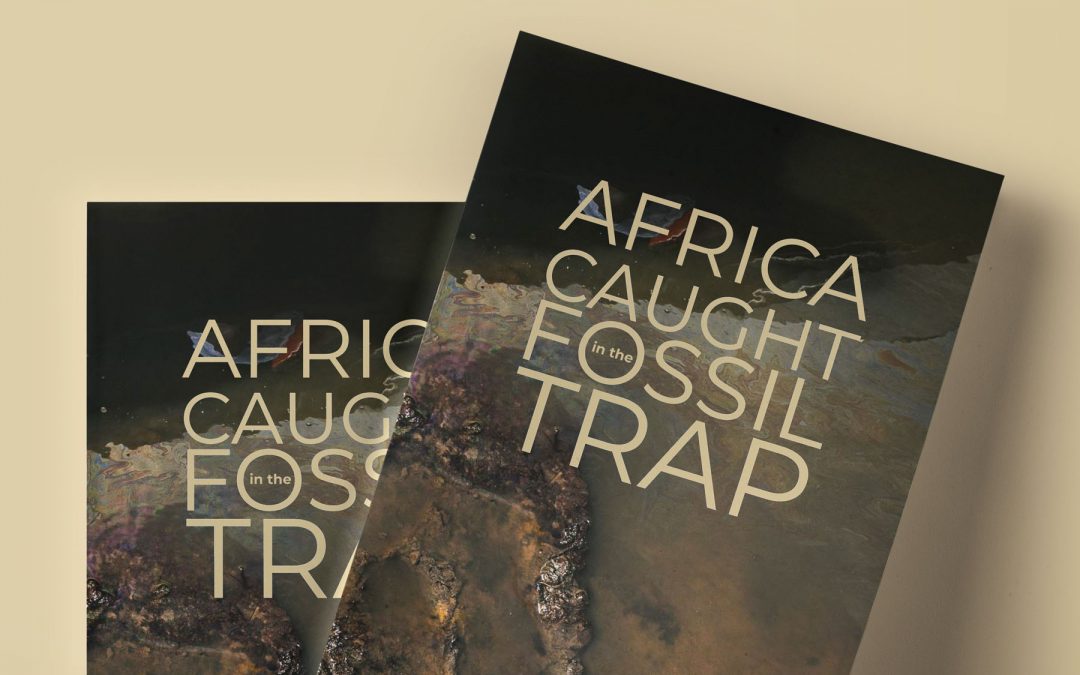Before the rise of fossil resources extraction in Africa, most countries operated agrarian economies as their primary source of exchange. Other economies depended on mining while some others had a mix of mining and agriculture. The economic impact of oil discovery brought sudden changes in the economies of colonial and post-colonial African economies. The political economy of oil extraction in West and Central Africa is far older, with roots often dating back to the late colonial period. Becoming part of the Organisation of the Petroleum Exporting Countries (OPEC) added a dimension of power to tilt the balance of the cost of energy in the world.
The African oil sector has undergone momentous changes from the mid- 1990s. In a short period, the oil-rich Gulf of Guinea area became one of the world’s hotspots for petroleum investment with companies from Brazil, India, China, Russia, and Norway, amongst others, joining the predominant Western oil majors in the contest for acreage, in addition to increased production in established oil countries like Nigeria and Angola. During this time, massive new investment was witnessed in Ghana, Equatorial Guinea, Chad among others.
This history is essential when dealing with the older oil producers. However, it also reveals a great deal about the institutional and political economy impacts of oil in post-colonial Africa, its impact on the power calculus, and offers an understanding of the outcomes of oil wealth for several emerging oil countries. The role of oil in Africa’s development remains a protracted discourse. Africa continues to be a significant source of oil. Nevertheless, the debate about the role of oil extraction in economic development on the continent is still empirically and theoretically unsettled. This means that it can be categorised as blessing or curses based on social construct and shaped and defined by power relations and institutions.
Presently, the predominant perspective is that oil is a curse, a cause of economic stagnation and political turmoil. This is typically shown in the case of oil revenues in Angola, which is a classic case of the resource curse and has experienced corruption and authoritarian government since its independence in 19755. However, some also believe that oil is a blessing and a resource that drives a country’s economic development. Yet others see fossil fuels as resources whose impacts depend on whether they are extracted, with what consequences they are extracted and how the costs and gains are distributed.
Nonetheless, African economies dependent on natural resources exploration are characterised by low living standards, poor economic growth, corruption, and political instability. With growing concern about the negative effect of extractive industries, a discursive shift is apparent within the international community, which has progressively incorporated vital norms such as transparency and disclosure of information with regards to the extraction of energy.
Download and read the report here.





